The second season of Netflix’s popular mini-series, 13 Reasons Why (13RW), was recently released. The program’s first season sparked controversy due to its graphic display and discussion of teen suicide. While the debate may have let up around whether the show is helping or hurting suicide prevention efforts, the second season pushes another social issue to the forefront: non-consensual sex, or sexual assault.
13RW is unique because it confronts male-to-female and male-to-male sexual assault, the latter of which often goes unreported because of embarrassment or shame by the victim. And not unlike the first season’s depiction of suicide, critics have accused this season of sensationalizing, rather than raising awareness of, the growing prevalence of sexual assault in high school.
Teens have said that the show is an accurate portrayal of common high school experiences, including bullying and social conflicts, in addition to rape and sexual harassment. Parents might find it helpful to watch 13RW to better understand some teens’ high school experiences, especially with regard to long-term trauma teens can experience regarding unwanted sexual contact, but don’t always talk about.
Critics say the show makes suicide appear to be an all-too-easy answer and fault it for not depicting alternative solutions or effective mental health support, which could leave teens feeling pessimistic about reaching out for help. It is important for teens to know that when they are struggling to ask for help, the mental health system is in place to provide confidential support and take actions to protect them from harm.
At the end of the day, it’s ultimately up to parents to steer their children in the right direction.
“The best way for teens to report unwanted sexual contact is to identify a trusted adult and just tell them the truth and the facts of what happened,” says Children’s National Division Chief of Adolescent and Young Adult Medicine, Lisa K. Tuchman, MD, MPH.
“If alcohol or drugs were involved in the incident teens may not want to disclose all the details because they may believe they will get in trouble. It’s important that teens understand the adults in their life are there to protect, guide and help them figure out how to navigate to adulthood. Most parents will prioritize safety over a poor decision to use alcohol or drugs. There are also rape crisis advocates available anonymously as a resource if they can’t identify a trusted adult,” adds Tuchman.
“They may be ashamed and question their role as the victim in the assault. There is nothing more important than a youth knowing that the parent, guardian or pediatrician believes them, the assault is not their fault, and that there are adults who will support them every step of the way,” Tuchman concludes.
Mental health resources must be available and accessible in schools, as the effects of the emotional trauma of sexual assault are often long lasting and lifelong. Dr. Tuchman agrees with the message conveyed in 13 Reasons Why: If you don’t believe the adult is being helpful, let a different adult know.
How should I talk to my teen about 13RW?
The reality is that teens have access to an endless amount of information, including 13RW. Because of this, Children’s National advises parents to make careful choices about your child’s online access. Talk openly about your thoughts on the show and leave opportunities for your teen to contribute. Try to build problem-solving into the conversation and help your teen think of ways to build and promote resilience within themselves.
Where can I find more information and resources?
- Mental health treatment options: Website hosted by the Society of Clinical Child and Adolescent Psychology
- gov: StopBullying.gov provides information from various government agencies on what bullying is, what cyberbullying is, who is at risk and how you can prevent and respond to bullying.
- Rape, Abuse & Incest National Network: RAINN (Rape, Abuse & Incest National Network) is the nation’s largest anti-sexual violence organization.
- That’s Not Cool: That’s Not Cool provides tools to help teens draw their digital line about what is, or is not, OK in relationships.
- A Thin Line: This campaign was developed to empower teens to identify, respond to and stop the spread of digital abuse in their lives and amongst their peers.
- TrevorSpace: A social networking site for lesbian, gay, bisexual, transgender and questioning youth ages 13 through 24 and their friends and allies.
- Common Sense Media: Common Sense is dedicated to helping kids thrive in a world of media and technology.
- Connect Safely: ConnectSafely is a nonprofit organization dedicated to educating users of connected technology about safety, privacy and security.
- Media Tech Parenting: Visitors can find ‘agreements’ that parents can make with their kids regarding social media, TV, video games and mobile devices.
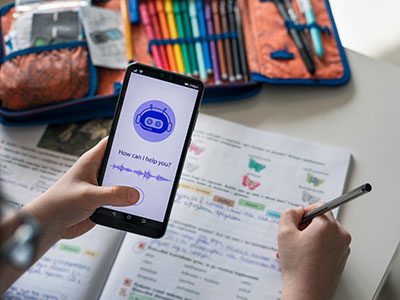 https://riseandshine.childrensnational.org/wp-content/uploads/2025/10/using-AI-for-homework-feature.jpg
300
400
webteam
https://riseandshine.childrensnational.org/wp-content/uploads/2017/11/childrens_riseandshine_logo.jpg
webteam2025-10-02 13:04:372025-12-10 13:12:48Helping kids navigate AI safely
https://riseandshine.childrensnational.org/wp-content/uploads/2025/10/using-AI-for-homework-feature.jpg
300
400
webteam
https://riseandshine.childrensnational.org/wp-content/uploads/2017/11/childrens_riseandshine_logo.jpg
webteam2025-10-02 13:04:372025-12-10 13:12:48Helping kids navigate AI safely


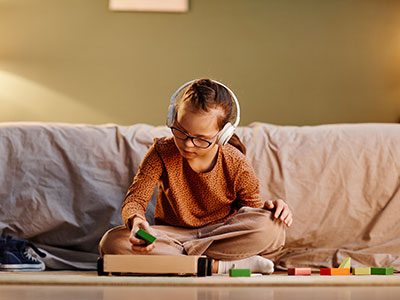


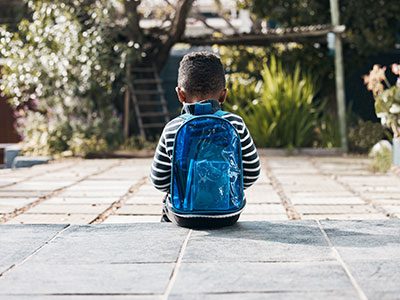
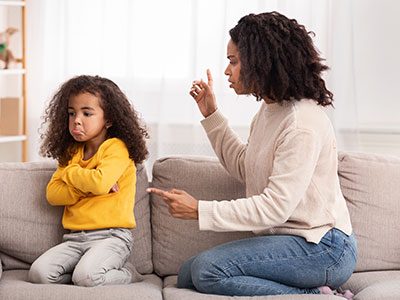


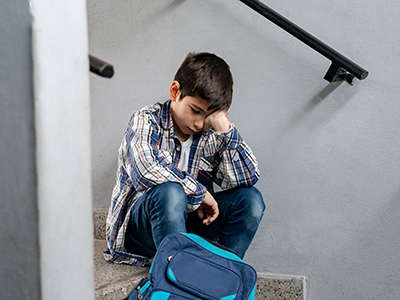
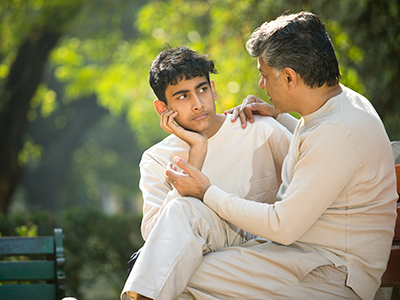

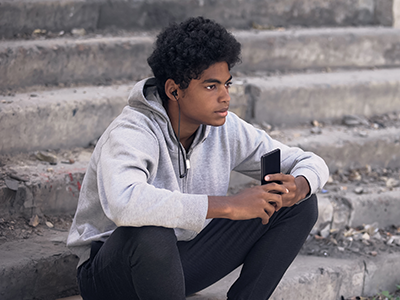
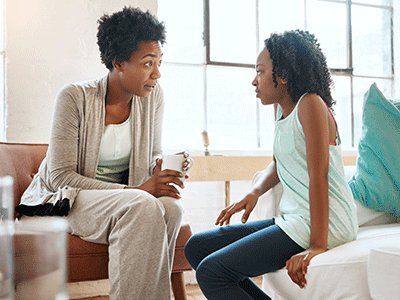

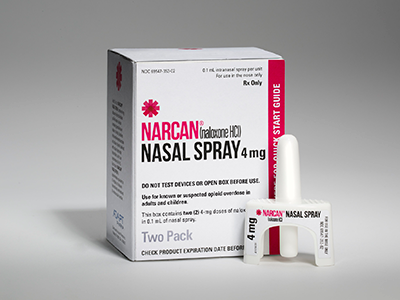
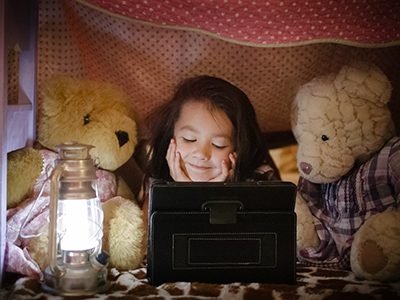
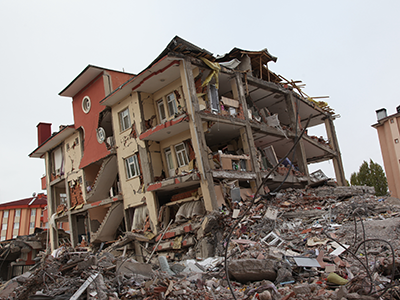


Leave a Comment
Want to join the discussion?Feel free to contribute!